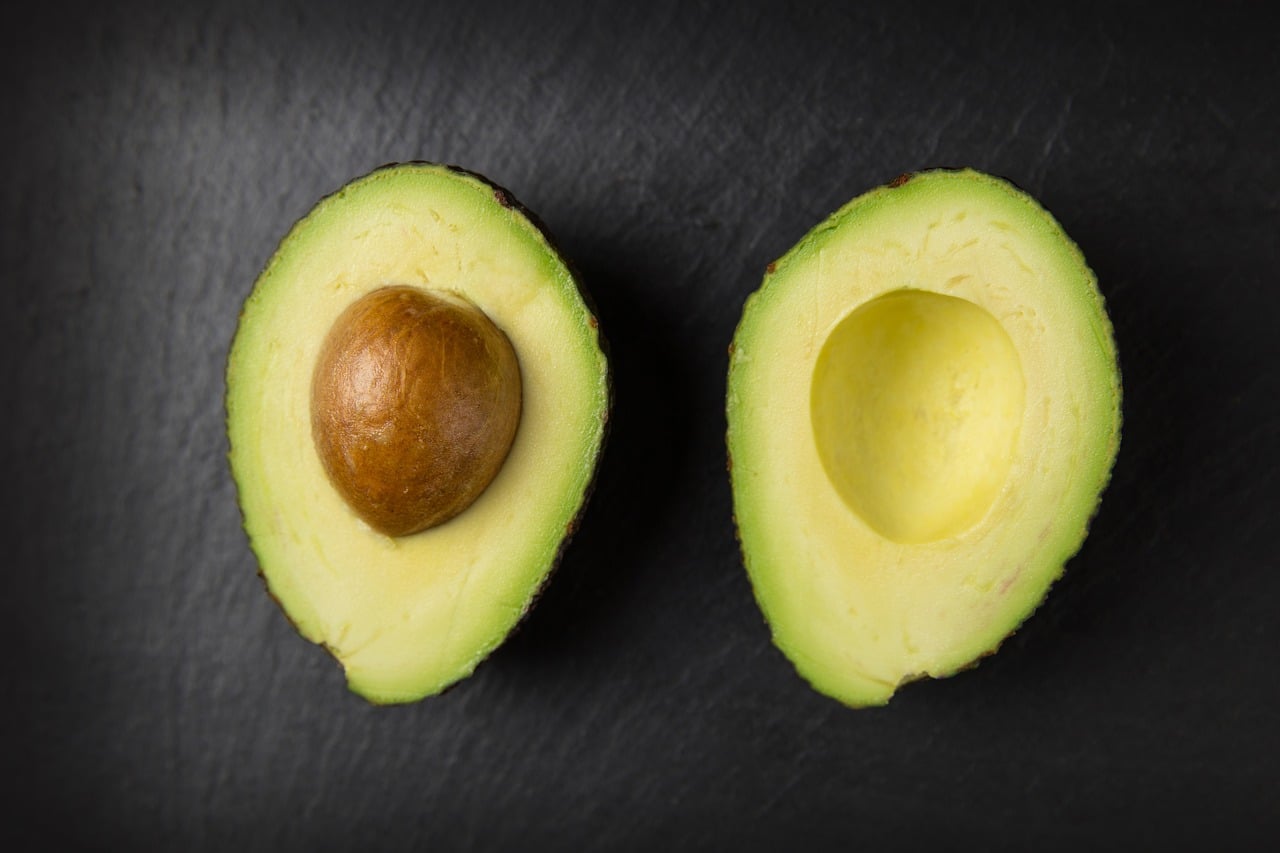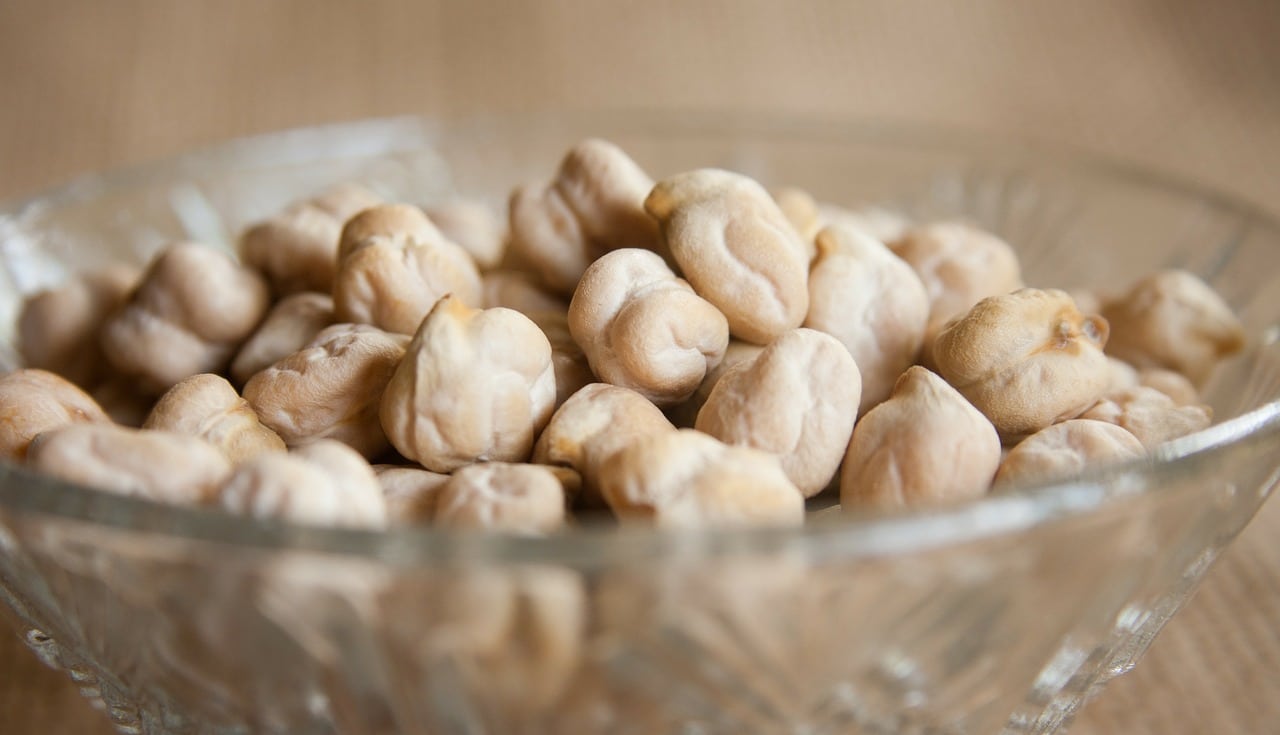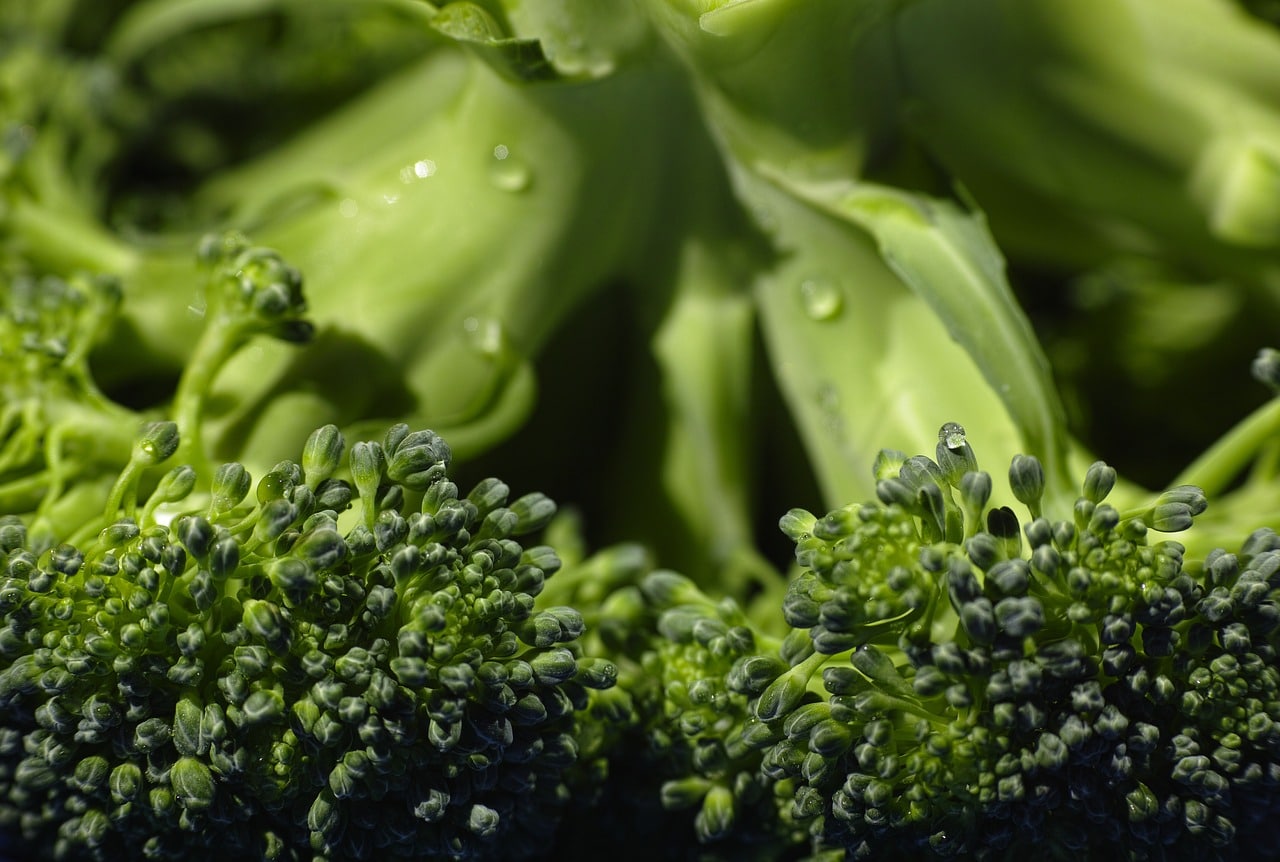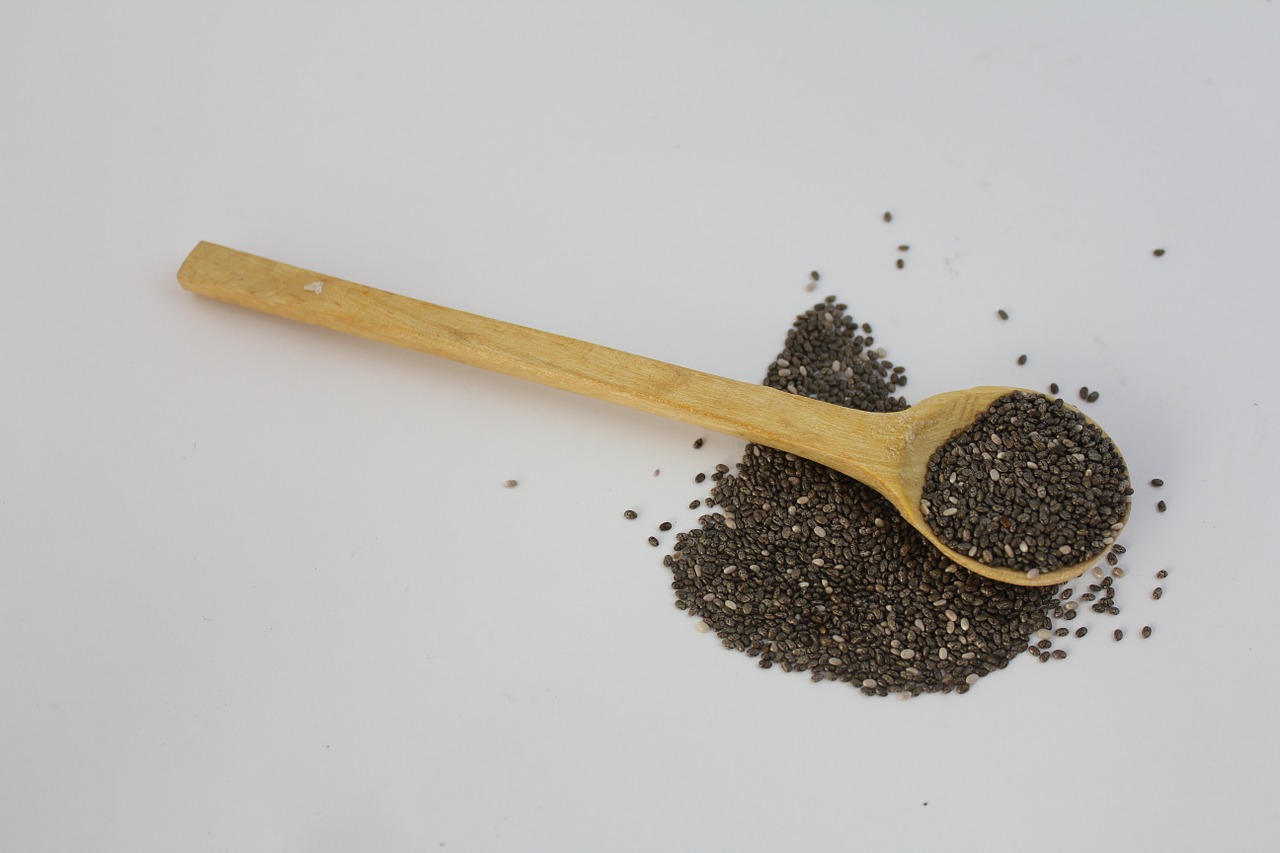2. Avocados
With over 6.7% of its weight as dietary-fiber, avocados are unlike other fruits. Instead of being loaded with carbohydrates, avocados contain a high quantity of healthy fats, which are responsible for weight management and good heart-health. Avocados also contain an impressive amount of vitamin K and potassium, both of which are powerful antioxidant-rich nutrients. This makes an avocado a great free-radical scavenger, for its antioxidant content helps in lowering the concentration of free-radicals (free oxygen atoms) and reduces the risk of oxidative damage in the body.

Also Read: Super Foods To Reduce Belly Fat
3. Kidney Beans
Kidney beans and other legumes are a popular and rich source of dietary fiber. Containing high-quantity of plant-based protein, a 100g serving of kidney beans can provide you with over 6 grams of fiber. And keeping into account that your average fiber intake for a day should be around 25 to 30 grams, kidney beans can be a great regular meal option if you choose to opt for a high-fiber diet. Kidney beans are also particularly high on proteins, which makes it a wonderful addition to your diet if you are looking for an ingredient that results in muscle development and helps burn fat at the same time.
4. Chickpeas
These are yet another type of legumes that can be considered for a high-fiber diet along with high protein intake. When compared to kidney beans, chickpeas have a higher fiber concentration with over 8 grams of dietary fiber per 100 grams when boiled. Legumes such as these are high in protein, fiber, and other minerals and vitamins, all of which makes them a superfood that a healthy diet cannot afford to exclude.

Also Read: Top 10 Benefits Of A Protein-Rich Diet
5. Almonds
Tree nuts are another great source of dietary fiber, with almonds being one of the most popular ones. Not only are almonds rich in fiber, these nuts are also loaded with essential nutrients and antioxidants such as vitamin E, and minerals such as manganese and magnesium, both of which are essential for healthy bones. Other than that, healthy fats contained inside these small tree nuts make them a great dietary option if you want to control your cholesterol level and improve your heart health.

6. Quinoa
Few ingredients can claim to have a better health configuration than this pseudo-cereal. Quinoa is loaded with dietary fiber, protein, minerals, vitamins, and it is a perfect gluten-free treat for you if wheat-based proteins are hard for you to digest. The fiber content in quinoa can help to regulate the digestive system and assure that it functions properly. As it helps in the boosting of the metabolism, adequate consumption of quinoa can indeed boost the fat burning process and help you lose some weight.
Also Read: Quinoa Vs Rice | Different Ways Of Cooking Quinoa
7. Broccoli
This nutrient-dense green vegetable has just the right amount of dietary fiber along with a sufficient quantity of vitamin E, making it antioxidant-rich. Broccoli is also known for its high inorganic nitrate content that is responsible for its blood pressure regulation properties and for its ability to increase your exercise performance, thus making it a great pre-workout meal. A 100 gram of broccoli contains about 2.6 grams of dietary fiber.

8. Black Beans
Along with a healthy amount of dietary fiber, black beans are legumes that are also loaded with minerals such as iron and magnesium. The magnesium content in these beans is responsible for the breaking down of calcium, thus allowing it to be easily absorbed by the bones, which further increases bone density and strength. And as for iron, well, it is responsible for the production of hemoglobin in your blood, which further increases the level of oxygen flowing throughout the body and prevents oxygen-deficiency in the system.
9. Soybeans
Loaded with protein, soybeans are a moderate source of dietary fiber that can be considered as a helpful addition to your diet. In addition to that, soybeans come in various forms and can provide you with a variety of options when it comes to choosing how to cook them. Some examples of soybean-based products are soy flour, tofu, soy milk and soybean oil. All of these items can be used in various forms and would easily increase the nutritional value and fiber content in your dish.
10. Artichokes
Artichokes have a robust antioxidant content, but did you know that this green vegetable is also high in fiber? One medium artichoke contains about 6.9 grams of dietary fiber, which makes a healthy addition for a diet that can promote your digestive health, and it also helps in keeping digestive problems at bay.
11. Pumpkin
This popular vegetable is not only a great source of fiber, but it also contains adequate amounts of vitamins A and K and minerals such as calcium. A standard serving of pumpkin can provide you with 10.7% of your daily fiber requirement, which means that there is no doubt in the fact that this vegetable can prove to be beneficial for your digestive health. Moreover, its calcium and vitamin content makes it an overall quality food that can act as an antioxidant and can be beneficial for your bone strength as well.
Also Read: 7 Awesome Benefits Of Pumpkin Seeds |Ways To Consume & Roast?
12. Apples
By providing your body with over 16.1% of its daily fiber requirement, an apple a day will certainly help to keep the doctor away. Apples are great for boosting digestion and must be a part of any weight loss diet. Other essential nutrients such as vitamins C and A are also present in this fruit, thus making it a powerful antioxidant that can lower the concentration of free radicals in your bloodstream, further resulting in a reduced risk of oxidative damage.
Also Read: 8 Phenomenal Benefits Of Green Apple | Benefits Of Apple
13. Banana
Another fruit added to this list would be none other than banana, as one medium-sized banana contains about 9.2% of your daily fiber requirement, which is significant enough. Potassium is yet another essential mineral present in bananas that contributes towards the majority of their benefits. This potassium content is beneficial in controlling your blood pressure and helps reduce the risk of heart diseases.
Related Reading:
Health Benefits Of Fibrous And Mineral-Rich Bananas | Side-Effects
14. Oranges
Citrus fruits are hard to ignore when you are looking for something healthy, for their natural antioxidant quality is unmatched. But, oranges are not only high in vitamin C, but their fiber content adds to its overall beneficial nature as well. A single orange contains over 10.1% of your daily fiber requirement, which is impressive enough for a moderate fiber source.
Also Read: Benefits & Side-Effects Of Mandarin Oranges
15. Buckwheat
Just like quinoa, buckwheat is a gluten-free grain that has an impressive quantity of dietary fiber and would prove to be a helping hand in your healthy lifestyle. A 100 grams serving of buckwheat can provide you with 25% of your daily fiber requirements. These plant grains are also loaded with other plant-based protein, which makes them a great muscle developing food item that can be a part of your post-workout routine.
Since Popcorns are also loaded with fiber, we reviewed some well known popcorns for you to try. Also Read:
Having a high-fiber diet can be very benefiting when it comes to the boosting of one’s metabolism and the burning of fat. However, your fiber intake must be regularly noted, and even if you have filled your diet with high-fiber foods, you have to make sure that your daily consumption does not exceed 30 grams. Since fiber is known to slow your digestion rate, too much of it can lead to weight gain or other digestion related concerns such as constipation, thus doing just the opposite of what is intended. Add a dose of physical activity to your daily routine to reap the best benefits from a diet rich in fiber. And don’t forget to get enough sleep and rest well.













